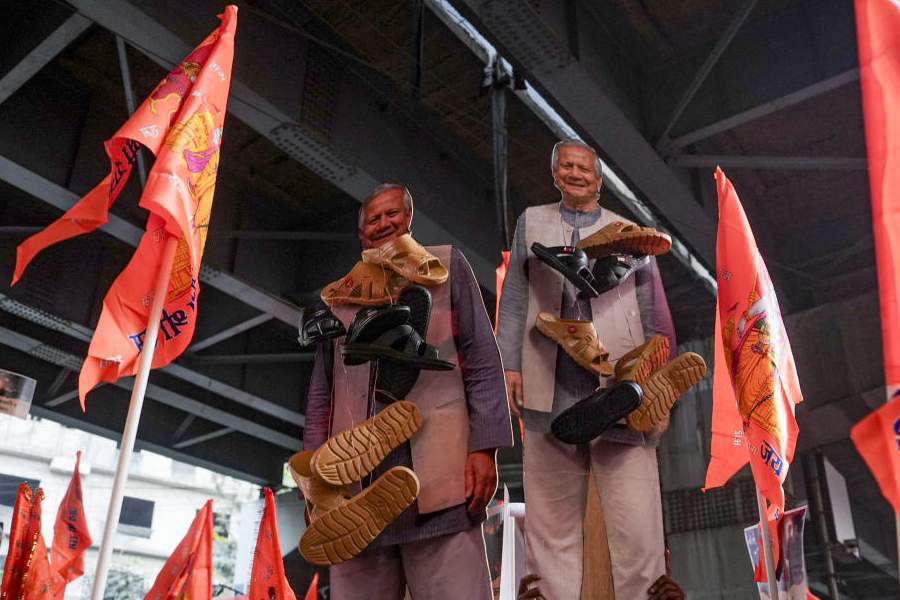The headlines are coming thick and fast: ‘Wipro fires employees for faking CVs’, ‘IBM India asks recruiters for refund’, ‘R?sum? frauds on the increase’...
Even the most honest of jobseekers stretches the truth once in a while. He might fudge on his educational qualifications. He might say his performance on his last job was brilliant. But what’s happening today is a different ballgame altogether. “More and more people are lying on their CVs,” says Mumbai-based HR consultant D. Singh. “It has become not only a national but also an international pastime.”
Various surveys bear this out. A Korn/Ferry online survey recently found that 44.7 per cent of the 300 respondents said they believed that executive r?sum? misrepresentation is on the rise. In the UK, screening firm Powerchex found that 39 per cent of the organisations they surveyed had discovered that employees had lied their way in.
“The crisis arises when you find they are good at their jobs,” says Singh. “You know they have lied. So you cannot trust them fully. But, you will leave a big hole if you sack them.”
The problem is more acute in India than in several other countries. The reason is that both jobs and salaries are booming. People are also moving from one industry to the other. In the earlier dispensation, there could be some natural checks. Executives in, say, chemicals would be expected to know something about each other, even if they were in different companies. They could have worked together at some stage; they would have met at conferences. But somebody from FMCG imported into aviation would be an unknown quantity to his colleagues.
In the past, some have done it in style. Chairman of gunmaker Smith & Wesson, James Joseph Minder, turned out to have the wrong sort of experience. Before he was a corporate executive, Minder was in prison for 15 years for a series of armed robberies.
Why do jobseekers lie? The obvious answer is that it helps them get a better salary or designation. On the other hand, being caught out in a lie means that you totally wreck your chances of getting a job. Are the risks warranted?
“It’s a game some people like to play,” explains Singh. “Looking for a new job is a kind of challenge. You are trying to put one over the company that employs you. All job-hoppers play this game. And, as job-hopping in India has increased, so has the percentage of fake CVs.”
Companies have been searching for solutions. IBM has asked the recruitment agencies who sent them the candidates to refund the fees. Others are turning to background screening agencies. But, while this is feasible for top-level executives, it becomes too expensive as you go down the line. Some have even called in the police to serve as a disincentive for future frauds. Nasscom, meanwhile, is weighing in again with its proposal of a blacklist of IT and BPO employees.
Will it work? “No way,” says Singh. “I am yet to see a CV that didn’t have a white lie or two. The more the defence mechanisms you create, the more the challenge it poses to the determined.”
TRUE LIES
The most common lies on r?sum?s
Education: Typically, the lie goes like this: The institution listed isn’t one the applicant attended. Or the institution is correct, but the degree listed was never actually earned.
Job title: Whoever said inflation is dead isn’t checking r?sum?s. Job-seekers have been known to make up a title or boost the one they had by a notch or two.
Compensation: It’s so much easier to command more money and benefits when you start from a higher base.
Accomplishments: Inflating one’s contributions to a project or segment of the business as well as to the company’s bottom line is common.
Source: CNN/Money










